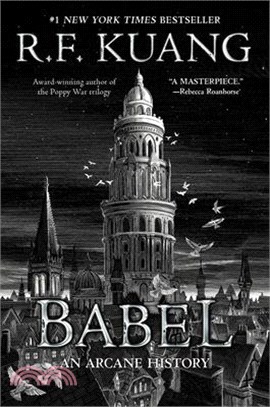Cloth That Does Not Die ― The Meaning of Cloth in Bunu Social Life
商品資訊
ISBN13:9780295973920
出版社:Univ of Washington Pr
作者:Elisha P. Renne
出版日:1995/11/01
裝訂/頁數:精裝/269頁
規格:24.8cm*16.5cm*2.5cm (高/寬/厚)
商品簡介
"Cloth only wears, it does not die," the paradoxical phrase from a Bunu Yoruba prayer, emphasizes the power of cloth as a symbol of continuing social relations and identities in the face of uncertainty and death. The Bunu Yoruba people of central Nigeria mark every critical juncture in an individual’s life, from birthing ceremonies to funeral celebrations, with handwoven cloth. Anthropologist Elisha Renne explains how and why this is so and discusses why handwoven cloth is still valued although it is rarely woven in Bunu villages today.
Special marriage cloths mark changes in the status of Bunu brides, as well as in the social connections of kin during traditional marriage rituals. In funerals, handwoven cloth is used to rank chiefs; in masquerade performances, it indicates the presence of ancestral spirits. As tailored and untailored dress, it expresses gender and educational differences. Further, it is worn to distinguish ritual events that have a unique Bunu identity from everyday affairs where commercial, industrially woven cloth prevails.
Renne examines the use and production of cloth in Bunu society from approximately 1900 to the present. Some traditions associated with cloth have given way to changes brought about by long contact with Christian missionaries and by British colonial policies that altered methods of cotton and cloth production. Today weaving is no longer done as a matter of course by all village women, but rather has become the specialty of only a few.
Why does handwoven cloth still play such a vital role in Bunu social life when, in fact, Bunu women have largely given up weaving? To explain cloth’s continued cultural importance, Renne takes the story beyond the descriptive and historic to examine the meaning of different kinds of cloth for various members of Bunu village communities -- from wives and diviners to chiefs and hunters.
The details of Bunu village life in Cloth That Does Not Die complement the many uses of cloth that Renne interprets. Anthropologists, social historians, and historians of African art will find the book of great value as an example of how material culture can integrate the study of various aspects of social life. The book will interest textile artists with its close attention to the visual properties of cloth itself.
主題書展
更多書展今日66折
您曾經瀏覽過的商品
購物須知
外文書商品之書封,為出版社提供之樣本。實際出貨商品,以出版社所提供之現有版本為主。部份書籍,因出版社供應狀況特殊,匯率將依實際狀況做調整。
無庫存之商品,在您完成訂單程序之後,將以空運的方式為你下單調貨。為了縮短等待的時間,建議您將外文書與其他商品分開下單,以獲得最快的取貨速度,平均調貨時間為1~2個月。
為了保護您的權益,「三民網路書店」提供會員七日商品鑑賞期(收到商品為起始日)。
若要辦理退貨,請在商品鑑賞期內寄回,且商品必須是全新狀態與完整包裝(商品、附件、發票、隨貨贈品等)否則恕不接受退貨。



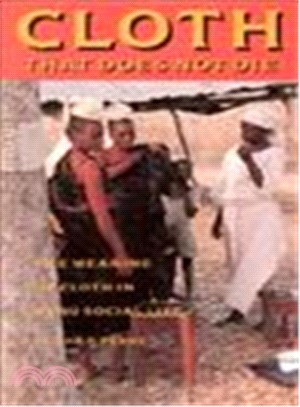









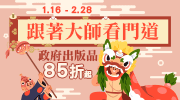
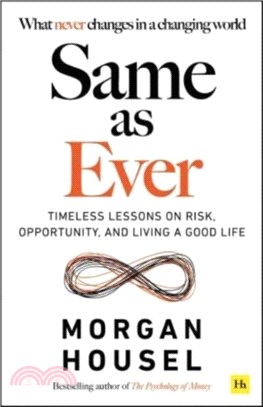
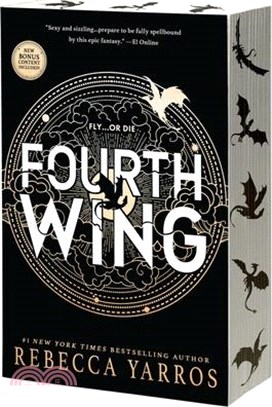
![Wicked [Movie Tie-In]:魔法壞女巫電影原著](https://cdnec.sanmin.com.tw/product_images/006/006285284.jpg)


